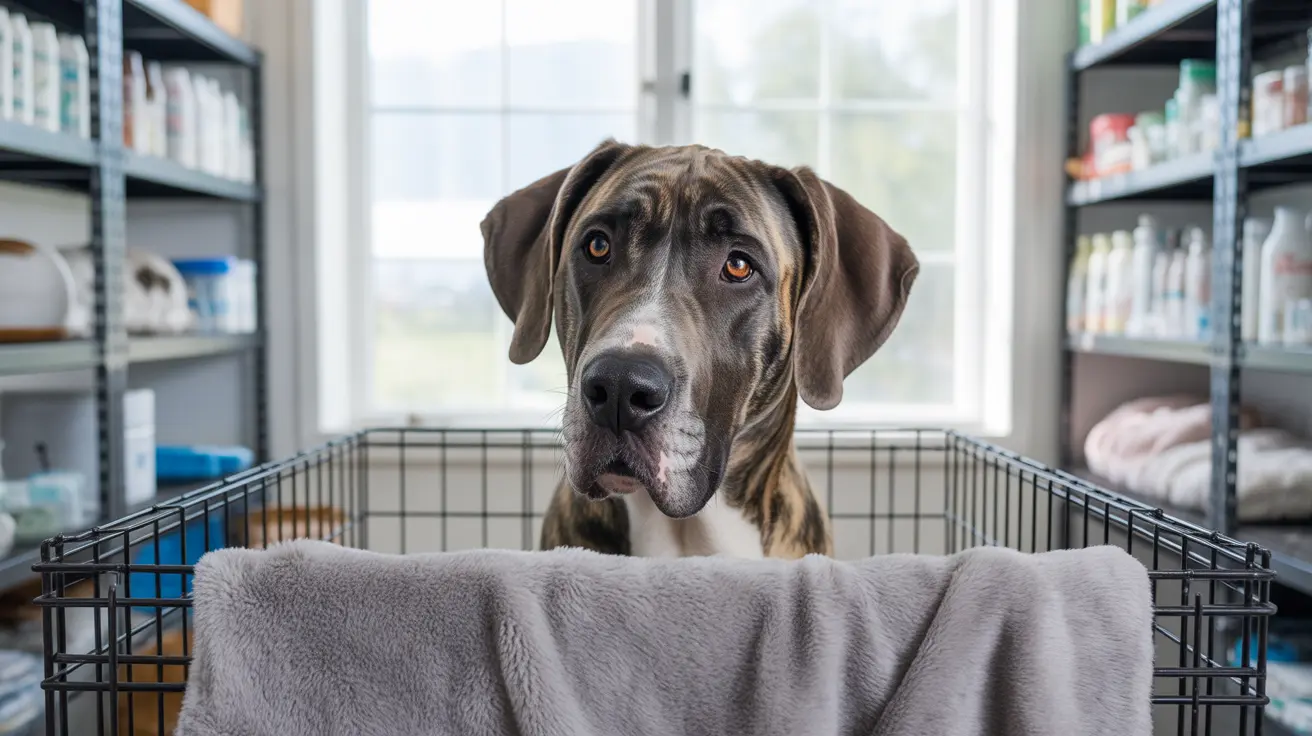Understanding Backyard Breeders: What Sets Them Apart?
Backyard breeding is a term that gets tossed around in animal welfare circles, but what does it really mean? At its core, backyard breeding refers to the irresponsible breeding of animals—dogs, cats, rabbits, horses, and more—by people who lack the necessary experience or knowledge. Unlike responsible breeders who focus on health and temperament, backyard breeders often cut corners and disregard the well-being of their animals.
The Hallmarks of Backyard Breeding
Backyard breeders usually don't meet acceptable standards of care. They might breed animals without considering whether there's genuine demand for the offspring. Essential practices like health testing, regular veterinary visits, and socialization are frequently ignored. As a result, animals from these environments face higher risks:
- Inadequate nutrition
- Infectious diseases (think kennel cough or parvovirus)
- Parasite infestations
- Genetic abnormalities
- Behavioral problems
This lack of care doesn't just affect the individual animals—it puts animal welfare at large in jeopardy. Many pets bred this way end up surrendered to shelters, fueling the cycle of unwanted companion animals.
Why Do People Become Backyard Breeders?
The motivations behind backyard breeding are varied. Sometimes it's pure ignorance: owners let pets have unplanned litters because they haven't been desexed. Others do it intentionally for profit or because they believe (mistakenly) that having a litter is good for their pet or educational for children. In some cases, people breed for specific traits like aggression—sometimes even for illicit activities such as dog fighting.
If these breeders can't sell the animals, they're often abandoned or released into the wild, adding to the population of homeless and stray pets.
The Key Differences: Responsible vs. Backyard Breeders
- No genetic screening or health tests to prevent hereditary diseases
- Lack of understanding or adherence to breed standards
- Poor living conditions and little to no socialization
- No screening of prospective buyers; no contracts for returned animals
- No documentation or health records provided
If you visit a breeder and see cramped or dirty spaces, minimal buyer screening, reluctance to answer questions or allow visits, aggressive sales tactics, multiple litters available at once—or if they can't provide medical histories or registration papers—these are all red flags signaling a backyard breeder.
The Consequences of Irresponsible Breeding
Puppies and kittens from these sources are more likely to suffer from health issues and behavioral problems that require costly veterinary care. Many end up surrendered to shelters when new owners can't cope with these challenges. This irresponsibility perpetuates cycles of overpopulation and suffering.
What Drives Backyard Breeding?
The reasons range from economic motivations (selling pets quickly or cheaply) to sheer lack of awareness about ethical breeding complexities. Sometimes it's just neglect—owners not understanding the responsibilities involved in raising healthy litters.
Avoiding Backyard Breeders: Tips for Prospective Pet Owners
- Visit the breeder's facility; see where and how animals live
- Ask for detailed health records and proof of genetic testing/vaccinations
- Check breeder's experience and membership in recognized clubs/associations
- Request references from previous buyers
- Look for guarantees on hereditary health conditions and return policies
If someone offers pets at very low prices, avoids questions about their practices, insists on meeting off-site or shipping animals sight unseen—or demonstrates little knowledge about their breed—proceed with caution.
The Responsible Alternative: Ethical Breeding & Adoption
Responsible breeders aim to improve breed health and temperament. They perform all recommended tests, socialize their animals thoroughly, provide transparency about their methods—and take lifelong responsibility for every animal they produce.
Shelters and rescue organizations also offer alternatives by placing rehabilitated pets in loving homes. Adopting from them helps reduce demand for irresponsibly bred animals while supporting animal welfare efforts.
The Role of Education in Animal Welfare
A big part of preventing animal suffering is spreading awareness about what ethical breeding involves—and why buying from backyard breeders can be risky both emotionally and financially. Knowing what to look out for helps prospective pet owners make informed choices that support healthier lives for companion animals everywhere.





